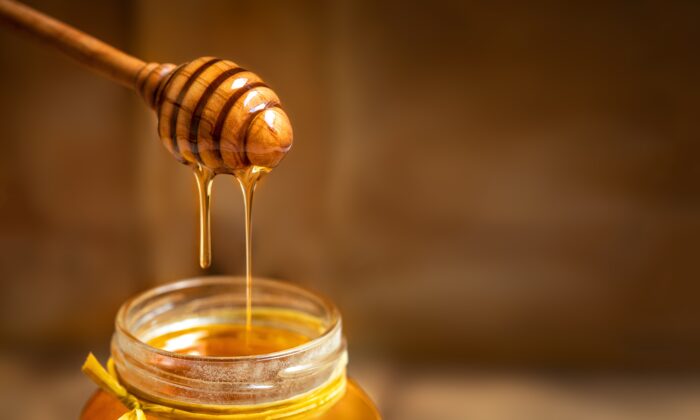BY
Even serious lung infections are no match for the antibacterial properties of manuka honey, which is effective against antibiotic-resistant pathogens and more.
STORY AT-A-GLANCE
- The nectar from manuka flowers contains dihydroxyacetone, a precursor to methylglyoxal (MGO), an antimicrobial compound not found in most other honey
- The presence of MGO is credited for much of manuka honey’s medicinal prowess, which includes the ability to combat complex antibiotic-resistant respiratory infections
- All four varieties of manuka honey tested showed antimicrobial activity against Mycobacterium abscesses, a type of mycobacteria that often cause aggressive lung infections
- When manuka honey was combined with antibiotics to treat Mycobacterium abscesses, the drug dosage was able to be cut by eightfold
- Manuka honey is used for a variety of medical-grade applications, including honey gel, honey for wound dressings and nebulized honey used to treat asthma
Honey has been valued for its antimicrobial properties for thousands of years. Made from flower nectar, honey contains sugars, amino acids, phenolics and other compounds that combine to exert a wealth of medicinal properties. When it comes to broad-spectrum antimicrobial activity, however, manuka honey deserves top billing.
Produced from certain manuka plants — also known as tea trees — of the Leptospermum species native to New Zealand and Australia,1 manuka is used for a variety of medical-grade applications, including honey gel, honey for wound dressings and nebulized honey used to treat asthma.2





